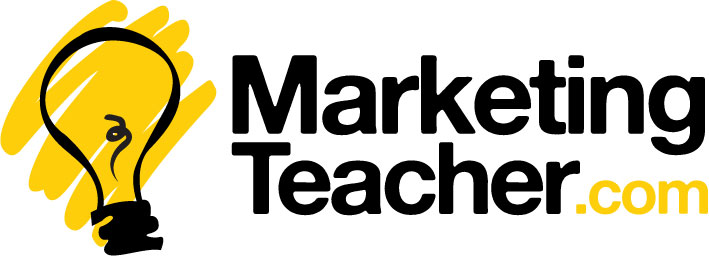How can ChatGPT be used for marketing?
ChatGPT has immense potential for marketing due to its ability to engage in natural language conversations with customers. Here are some ways in which businesses can use ChatGPT for marketing:
- Customer Service: Chatbots have been around for a while, but they are limited in their ability to respond to complex queries. ChatGPT, on the other hand, can understand natural language queries and provide accurate responses. This makes ChatGPT an ideal tool for providing customer service. It can handle a large volume of customer queries, provide 24/7 support, and ensure consistent responses. This improves customer satisfaction and reduces the workload of customer service representatives.
- Lead Generation: ChatGPT can also be used for lead generation. By engaging with customers in natural language conversations, it can identify potential customers and gather information about their needs and preferences. This information can then be used to create targeted marketing campaigns that are more likely to convert leads into customers.
- Personalization: Personalization is key to effective marketing. ChatGPT can be used to personalize marketing messages by creating tailored responses based on customer data. This can include personalized product recommendations, targeted promotions, and customized messaging based on customer behavior and preferences.
- Content Creation: ChatGPT can also be used for content creation. By training ChatGPT on relevant datasets, businesses can generate high-quality content that is optimized for search engines and tailored to their target audience. This can include blog posts, social media updates, and product descriptions.
- Market Research: ChatGPT can also be used for market research. By engaging in natural language conversations with customers, it can gather feedback on products and services, identify pain points and preferences, and gain insights into customer behavior. This information can then be used to improve products and services, refine marketing strategies, and gain a competitive edge.
- Brand Awareness: ChatGPT can also be used to increase brand awareness. By engaging with customers on social media, ChatGPT can create a positive brand image, generate buzz, and drive traffic to a business’s website. It can also be used to create viral marketing campaigns that reach a wider audience and increase brand recognition.
- Sales: ChatGPT can be used to drive sales by providing customers with personalized product recommendations and targeted promotions. By understanding customer needs and preferences, ChatGPT can suggest products that are more likely to convert leads into customers.
These are just some of the ways in which ChatGPT can be used for marketing. However, to fully leverage the potential of ChatGPT, businesses need to carefully consider the ethical implications of using AI-powered technologies in marketing.
Ethical Implications of Using ChatGPT for Marketing
As with any AI-powered technology, there are ethical implications to using ChatGPT for marketing. Here are some of the key ethical considerations that businesses should be aware of:
- Transparency: ChatGPT can generate responses that are indistinguishable from those of a human. However, businesses must be transparent about the fact that they are using an AI-powered tool for marketing purposes. This is particularly important when it comes to customer service, where customers may not be aware that they are interacting with an AI-powered chatbot.
- Privacy: ChatGPT can gather a large amount of data about customers, including their preferences, behavior, and personal information. Businesses must ensure that they are collecting data in a transparent and ethical manner, and that they are taking appropriate measures to protect customer privacy.
- Bias: ChatGPT is only as unbiased as the data it is trained on. If the training data is biased, the responses generated by ChatGPT may also be biased.
References:
- Li, X., Li, Y., & Li, Q. (2020). A Survey of Chatbot Technology in Customer Service. Journal of Service Science and Management, 13(1), 11-28. doi:10.4236/jssm.2020.131002
- Bhatia, R., & Narayan, B. (2021). How AI chatbots can be leveraged for customer engagement in digital marketing? Journal of Digital Marketing, 2(1), 43-51.
- Bazarova, N. N., & Choi, Y. H. (2014). Self-disclosure in social media: Extending the functional approach to disclosure motivations and characteristics on social network sites. Journal of Communication, 64(4), 635-657. doi:10.1111/jcom.12101
- Yousaf, A., Verma, A., & Rizvi, S. (2021). How Artificial Intelligence is Reshaping the Future of Digital Marketing. International Journal of Innovative Research in Computer and Communication Engineering, 9(5), 6639-6649.
- Susilo, D. A., & Solichin, A. (2021). Developing Chatbot for Personalized Marketing: An Exploratory Study. Journal of Computer Science and Technology, 21(2), 58-66.
